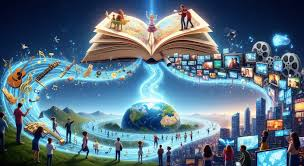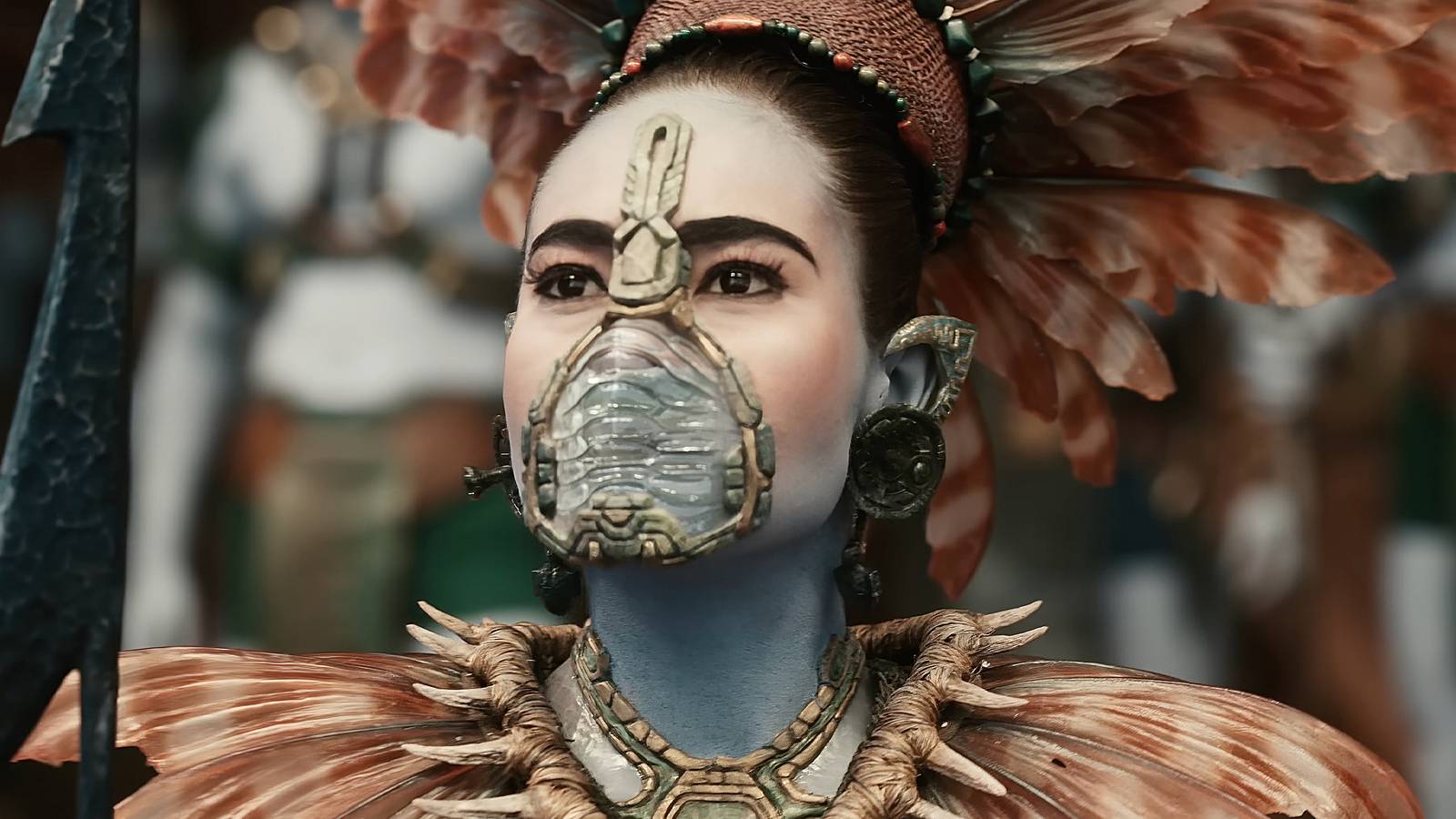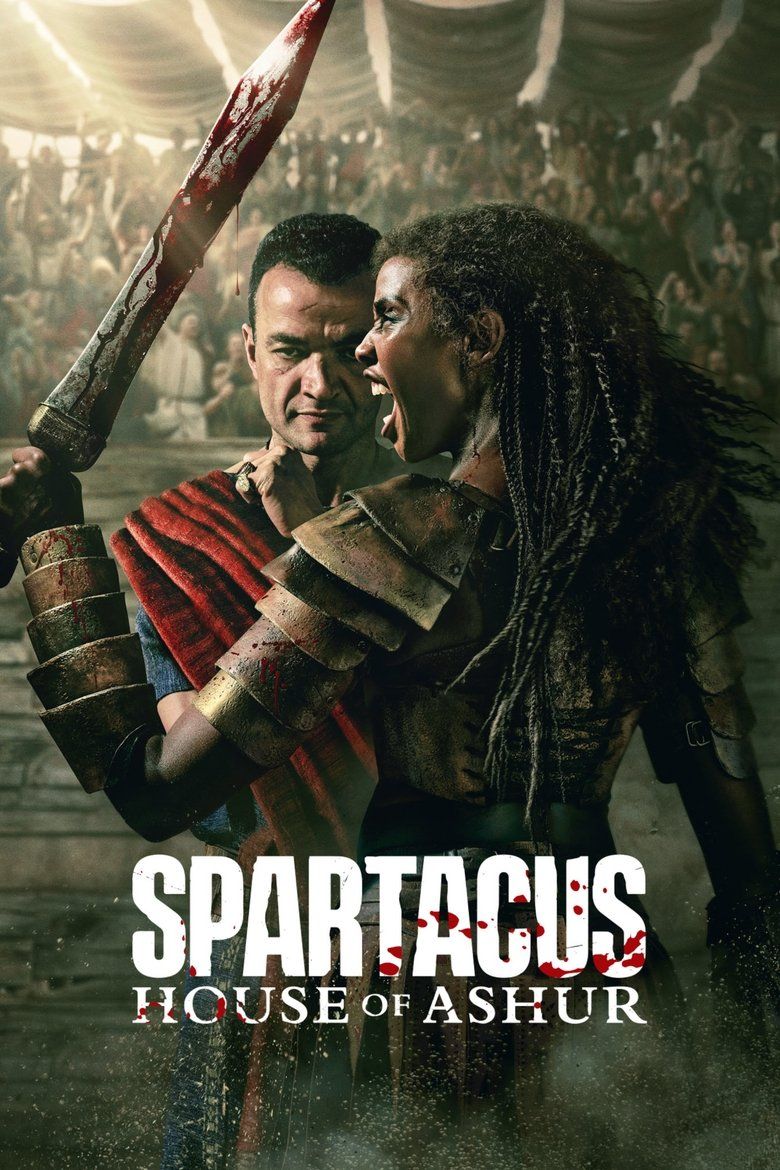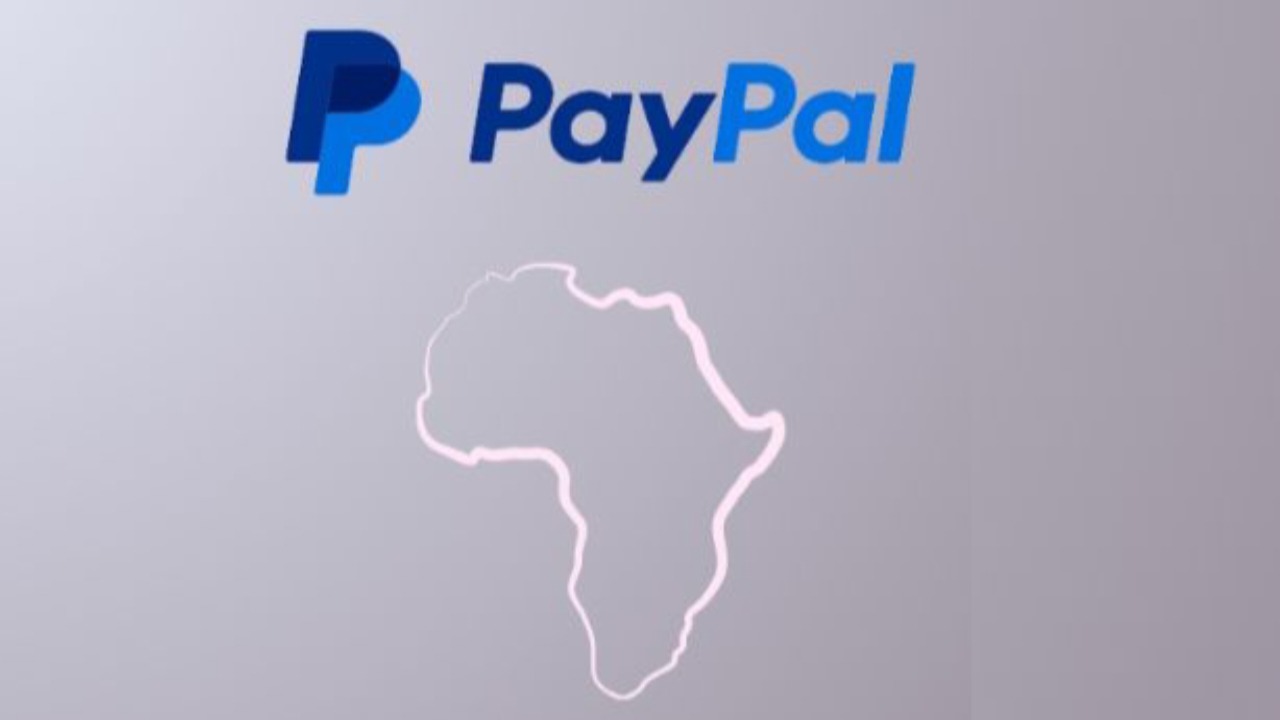THE HIDDEN SCIENCE OF ENTERTAINMENT: WHY CERTAIN STORIES, SONGS AND STARS CAPTURE US

Entertainment feels simple on the surface, a movie we enjoy, a song that suddenly takes over the world, a celebrity who becomes a phenomenon overnight. But behind every viral moment, every blockbuster, every unforgettable performance, there is a deeper science at play. Entertainment is not just about fun; it is psychology, sociology, economics, technology and human instinct wrapped into one. And the truth is that the things we think are random in entertainment, from hit songs to trending shows, are rarely random at all. They follow patterns, psychological triggers, cultural memories, emotional cues and strategic formulas that shape what becomes iconic.
Across film, music, gaming, sports and digital culture, the world’s biggest entertainment moments share one core principle: they connect to something universal inside us. They touch our longing for belonging, thrill, identity, romance, ambition, escape or meaning. That is why entertainment industries remain among the world’s most influential cultural engines, not just because we like to be entertained, but because we are wired to respond to the ingredients that entertainment provides.
In an era where trends shape billboard charts, streaming platforms rewrite Hollywood formulas and celebrity culture becomes a global language, it is important to look beyond the surface. Modern entertainment is no longer just what we watch or listen to; it is a powerful ecosystem that influences how people think, behave, spend money, form opinions and even understand themselves. And surprisingly, the biggest entertainment facts are the ones hidden in plain sight.
THE EMOTIONAL BLUEPRINT: WHY CERTAIN STORIES AND SONGS STAY WITH US FOREVER
There is a reason a film like Titanic still holds cultural power decades later, why Afrobeats suddenly exploded into a global movement, why superhero universes dominate box offices, and why nostalgia instantly sells in entertainment. Human beings are emotional creatures before they are rational ones. Neuroscience shows that the brain reacts to stories and music in patterns similar to survival reflexes, meaning entertainment interacts with the deepest parts of human psychology.

A compelling story activates the brain’s empathy circuits, allowing people to “experience” emotions they would never encounter in real life. This is why people cry over fictional characters or feel deeply attached to musicians they have never met. Music stimulates the brain’s reward system, releasing dopamine, which is the same chemical associated with pleasure, food and even addictive behavior. This is why a catchy chorus can loop endlessly in your head or why a sad song can suddenly revive an old memory.
The structure behind entertainment is even more fascinating. Many hit songs share similar chord progressions because the human ear is naturally drawn to certain melodic patterns. Hollywood scripts often follow the same emotional arc because it mirrors the way humans emotionally process conflict and resolution. Even comedy has timing rules, because laughter is partly a neurological response to surprise.
The biggest entertainment fact is this: nothing that becomes massively successful becomes so by accident. There is always a psychological reason something goes viral, becomes beloved, or turns into a global phenomenon. And as industries study these patterns, entertainment becomes more strategic, more scientific and more powerful in shaping how societies feel and function.
THE VIRAL EQUATION: HOW TECHNOLOGY AND CULTURE DECIDE WHAT TAKES OVER THE WORLD
Before the age of digital platforms, entertainment spread slowly, a movie gained popularity over months, a musician rose to fame through radio and concerts, and marketing campaigns were expensive and targeted. Today, one moment captured on video can transform someone from unknown to global star overnight. Platforms like TikTok, X, YouTube and Instagram have rewritten the entire entertainment economy. Viral entertainment has formulas too, and the biggest one is speed.
In digital culture, the world responds to what feels authentic, relatable, humorous, dramatic or visually striking. A short clip can spread across millions of screens, triggering reactions, remixes, commentary, debates or challenges. This creates a chain reaction that traditional media cannot replicate. The virality of a moment often has nothing to do with the creator’s resources and everything to do with the psychology of the audience and the timing of the content.

The surprising fact is that entertainment has become democratized, but not entirely. While anyone can go viral, the platforms themselves control visibility through algorithms. These algorithms prioritize engagement, meaning the most powerful entertainment moments are those that evoke strong emotion, whether positive or negative. Outrage spreads faster than joy, nostalgia spreads faster than originality, and controversy spreads fastest of all.
Streaming platforms add another layer of complexity. Netflix, Spotify, Prime Video, YouTube and others use data to determine what people will like even before the audience themselves know it. This means entertainment in the modern world is increasingly shaped by numbers, patterns and prediction models. Human behavior becomes data, and data becomes the engine of creativity.
Yet, despite the technology, cultural memory remains one of the strongest forces in entertainment. People gravitate toward stories that reflect who they are or who they want to be. That is why cultural representation, diversity in casting, and regional storytelling are becoming global trends. Entertainment mirrors power, identity and aspiration, and this shapes what becomes successful across continents.
THE BUSINESS BEHIND THE SCREENS: WHY ENTERTAINMENT IS ONE OF THE WORLD’S BIGGEST ECONOMIES
When people think of entertainment, they often think of celebrities, concerts, films or fun experiences. But behind the scenes, entertainment is one of the largest and most influential industries in the world. The global entertainment and media market is projected to surpass $3.5 trillion by 2029, driven by streaming, gaming, sports, music, cultural festivals and digital content creation. This makes entertainment not just cultural, but economic power.

Every movie, trend, podcast, street style, soundtrack and celebrity image has financial implications. Fashion collaborations generate billions. Sports broadcasting rights are major income sources for countries. A hit record can change the economic life of an entire family and even a community. Social media influencers build empires through digital content. Festivals like Coachella, Afropunk, Ojude Oba, Glastonbury and the Super Bowl halftime show create ripple effects in tourism, hospitality, advertising and tech.
The business structure of entertainment is also evolving. Revenue streams now come from intellectual property licensing, merchandising, streaming royalties, brand partnerships, live experiences, digital collectibles and fan communities. A single strong entertainment brand can be monetized across film, animation, video games, music, books, fashion and technology.
The deeper truth is that entertainment is no longer just entertainment, it is identity, currency, influence, communication and economy. People follow celebrities because they represent aspirations. They watch stories because they reflect fears, dreams or realities. They listen to music because it is emotional nourishment. This makes entertainment one of the most persuasive forces shaping how individuals see themselves and how societies evolve.
Entertainment also shapes politics, activism, social awareness and cultural perception. A single documentary can shift public opinion. A film can spark conversations about identity or injustice. A musician can influence global youth culture. A viral video can challenge institutions. In the digital age, entertainment has become a global language — one that every community understands, responds to and contributes to.
You may also like...
Premier League Scandal: La Liga Chief Slams 'Damaging' Handling of Man City's 115 Charges

Over three years after being charged with numerous financial rule breaches, Manchester City awaits a verdict from a proc...
Avengers: Doomsday Shocks Fans With Devastating Theatrical Move Months Ahead of Release!

Marvel Studios aims for a comeback with two major releases, "Spider-Man: Brand New Day" and "Avengers: Doomsday." The la...
Daredevil Showrunner's Epic 3-Part Saga Storms Charts Again After Spin-Off Triumph!

The original "Spartacus" series is experiencing a significant resurgence on digital streaming charts, fueled by the laun...
Unveiled: 'Shrinking' Star Spills on Harrison Ford's Pivotal Season 3 Moment

Lukita Maxwell discusses Alice's journey in Shrinking Season 3, highlighting her character's growth, evolving relationsh...
Peyton List's Heartbreaking Warning: 'School Spirits' Season Finale Changes Everything for Maddie and Mom

In School Spirits Season 3, Episode 7, Maddie Nears faces a crushing realization with Wally's departure, leading to a pi...
Visa-Free Africa: Development Bank and African Union Champion Open Borders for Economic Boom

African leaders and institutions have renewed calls for visa-free travel across the continent, highlighting its essentia...
U.S. Halts Crucial Lifesaving Aid to Seven African Nations Amidst Regional Concerns

The Trump administration is cutting humanitarian aid to seven African nations, citing a lack of connection between aid a...
Major Health Risk: FDA Recalls Cottage Cheese Across 24 States
:max_bytes(150000):strip_icc()/Health-cottage-cheese-recall-1638be9c6f7f44029a41fa5139f90139.png)
Great Value cottage cheese sold at Walmart stores in 24 states has been recalled due to potential under-pasteurization o...





